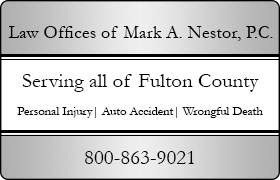 Roswell RICO Act Lawyers, Georgia
Roswell RICO Act Lawyers, Georgia
Sponsored Law Firm
-
 x
x

Click For More Info:
-
Law Offices Of Mark A. Nestor, P.C.
3680 Holcomb Bridge Road Suite 150 Norcross, GA 30092» view mapPersonal Injury, Auto Accident, Wrongful Death Norcross Accident & Injury Law
Attorney Nestor has been licensed to practice in the state of Georgia since 1995. He helps clients in Accident & Injury, Estate, Lawsuit & Dispute, Traffic and Real Estate matters.
800-863-9021
Not enough matches for Roswell RICO Act lawyer.
Below are all Roswell Criminal lawyers.
Lawyers
<
41-50 of 58 matches
Family Law, Divorce & Family Law, Criminal, Business & Trade
Child Custody, Criminal, Civil & Human Rights, Accident & Injury
Personal Injury, Criminal, Family Law, Workers' Compensation, Immigration



 Mark Nestor Norcross, GA
Mark Nestor Norcross, GA AboutMark Nestor
AboutMark Nestor ServicesPractice Areas
ServicesPractice Areas